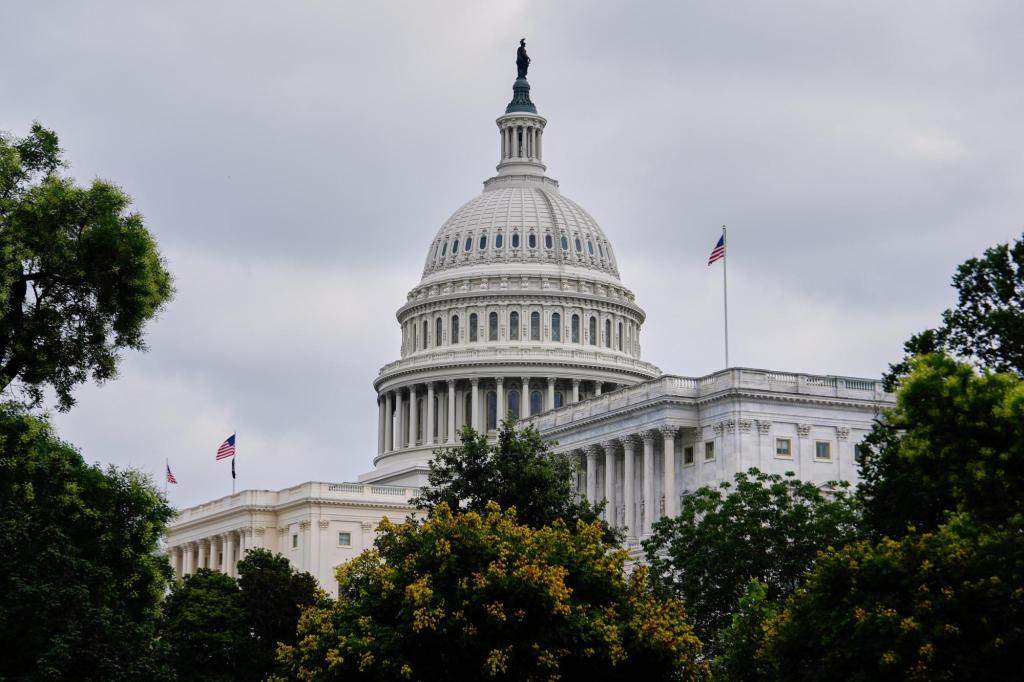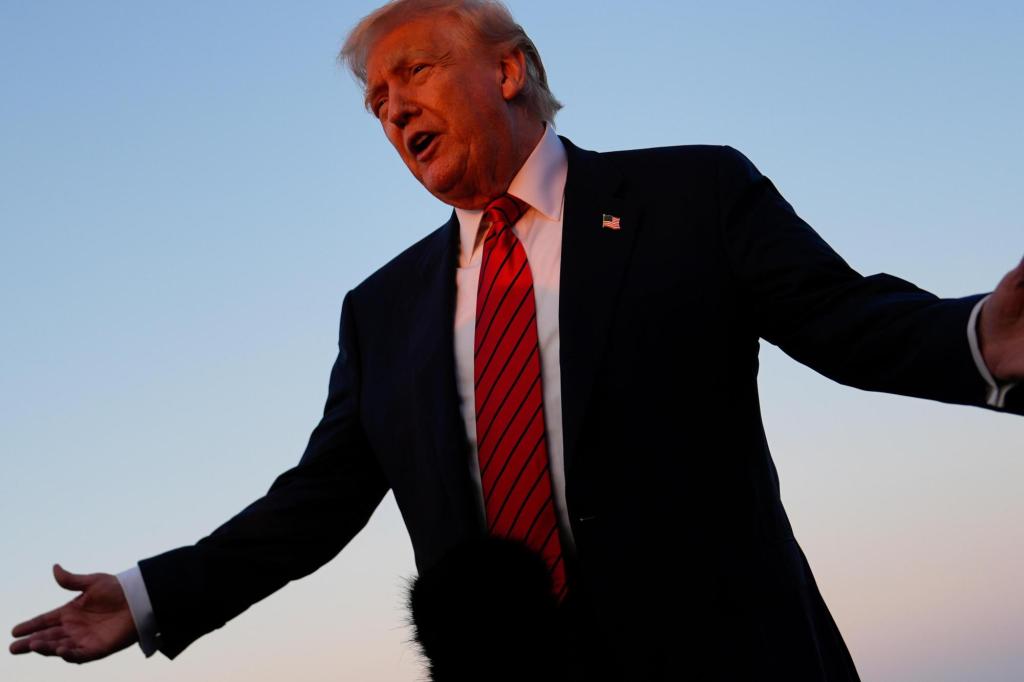By KEVIN FREKING, Associated Press
WASHINGTON (AP) — Lawmakers have left Washington for the annual August recess, but a few weeks of relative quiet on the U.S. Capitol grounds can’t mask the partisan tensions that are brewing on government funding and President Donald Trump’s nominees. It could make for a momentous September.
Here’s a look at what’s ahead when lawmakers return following the Labor Day holiday.
A bitter spending battle ahead
Lawmakers will use much of September to work on spending bills for the coming budget year, which begins Oct. 1. They likely will need to pass a short-term spending measure to keep the government funded for a few weeks while they work on a longer-term measure that covers the full year.
It’s not unusual for leaders from both parties to blame the other party for a potential shutdown, but the rhetoric began extra early this year, signaling the threat of a stoppage is more serious than usual.

On Monday, Senate Democratic leader Chuck Schumer and House Democratic leader Hakeem Jeffries sent their Republican counterparts a sharply-worded letter calling for a meeting to discuss “the government funding deadline and the health care crisis you have visited upon the American people.”
They said it will take bipartisanship to avert a “painful, unnecessary shutdown.”
“Yet it is clear that the Trump Administration and many in your party are preparing to go it alone and continue to legislate on a solely Republican basis,” said the letter sent to Senate Majority Leader John Thune and House Speaker Mike Johnson.
Republicans have taken note of the warnings and are portraying the Democrats as itching for a shutdown they hope to blame on the GOP.
“It was disturbing to hear the Democrat leader threaten to shut down the government in his July 8 Dear Colleague letter,” Thune said on Saturday. “… I really hope that Democrats will not embrace that position but will continue to work with Republicans to fund the government.”
Different approaches from the House and Senate
So far, the House has approved two of the 12 annual spending bills, mostly along party lines. The Senate has passed three on a strongly bipartisan basis. The House is pursuing steep, non-defense spending cuts. The Senate is rejecting many of those cuts. One side will have to give. And any final bill will need some Democratic support to generate the 60 votes necessary to get a spending measure to the finish line.
Some Democratic senators are also wanting assurances from Republicans that there won’t be more efforts in the coming weeks to claw back or cancel funding already approved by Congress.
“If Republicans want to make a deal, then let’s make a deal, but only if Republicans include an agreement they won’t take back that deal a few weeks later,” said Sen. Elizabeth Warren, D-Mass.

Rep. Chuck Fleischmann, R-Tenn., a veteran member of the House Appropriations committee, said the Democratic minority in both chambers has suffered so many legislative losses this year, “that they are stuck between a rock and their voting base.” Democrats may want to demonstrate more resistance to Trump, but they would rue a shutdown, he warned.
“The reality would be, if the government were shut down, the administration, Donald Trump, would have the ability to decide where to spend and not spend,” Fleischmann said. “Schumer knows that, Jeffries knows that. We know that. I think it would be much more productive if we start talking about a short-term (continuing resolution.)”
Republican angry about pace of nominations
Republicans are considering changes to Senate rules to get more of Trump’s nominees confirmed.
Thune said last week that during the same point in Joe Biden’s presidency, 49 of his 121 civilians nominees had been confirmed on an expedited basis through a voice vote or a unanimous consent request. Trump has had none of his civilian nominees confirmed on an expedited basis. Democrats have insisted on roll call votes for all of them, a lengthy process than can take days.
“I think they’re desperately in need of change,” Thune said of Senate rules for considering nominees. “I think that the last six months have demonstrated that this process, nominations is broken. And so I expect there will be some good robust conversations about that.”
Schumer said a rules change would be a “huge mistake,” especially as Senate Republicans will need Democratic votes to pass spending bills and other legislation moving forward.
The Senate held a rare weekend session as Republicans worked to get more of Trump’s nominees confirmed. Negotiations focused on advancing dozens of additional Trump nominees in exchange for some concessions on releasing some already approved spending.
At times, lawmakers spoke of progress on a potential deal. But it was clear that there would be no agreement when Trump attacked Schumer on social media Saturday evening and told Republicans to pack it up and go home.
“Tell Schumer, who is under tremendous political pressure from within his own party, the Radical Left Lunatics, to GO TO HELL!” Trump posted on Truth Social.
Associated Press writers Mary Clare Jalonick and Joey Cappelletti contributed to this report.
Originally Published:
<



